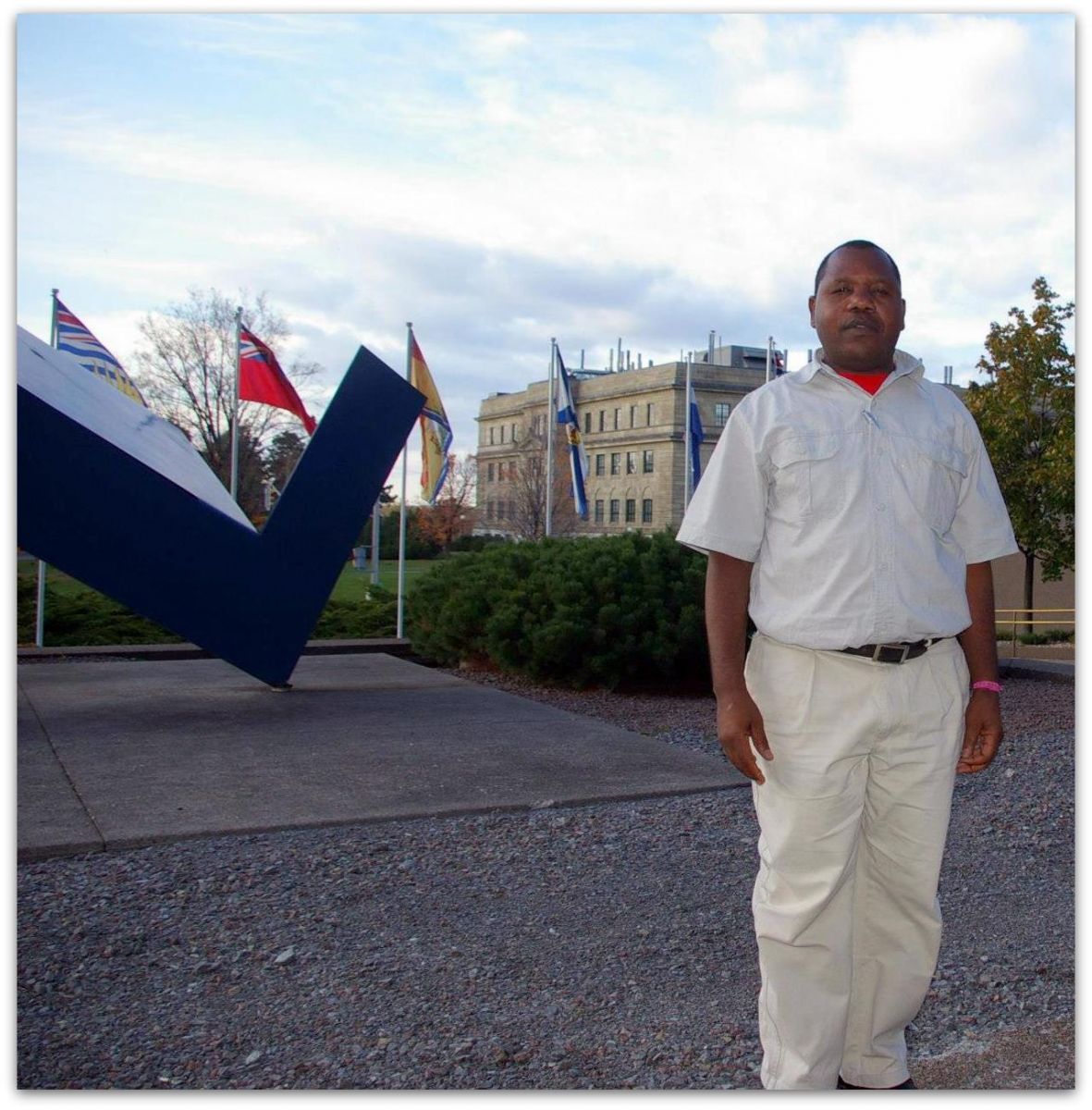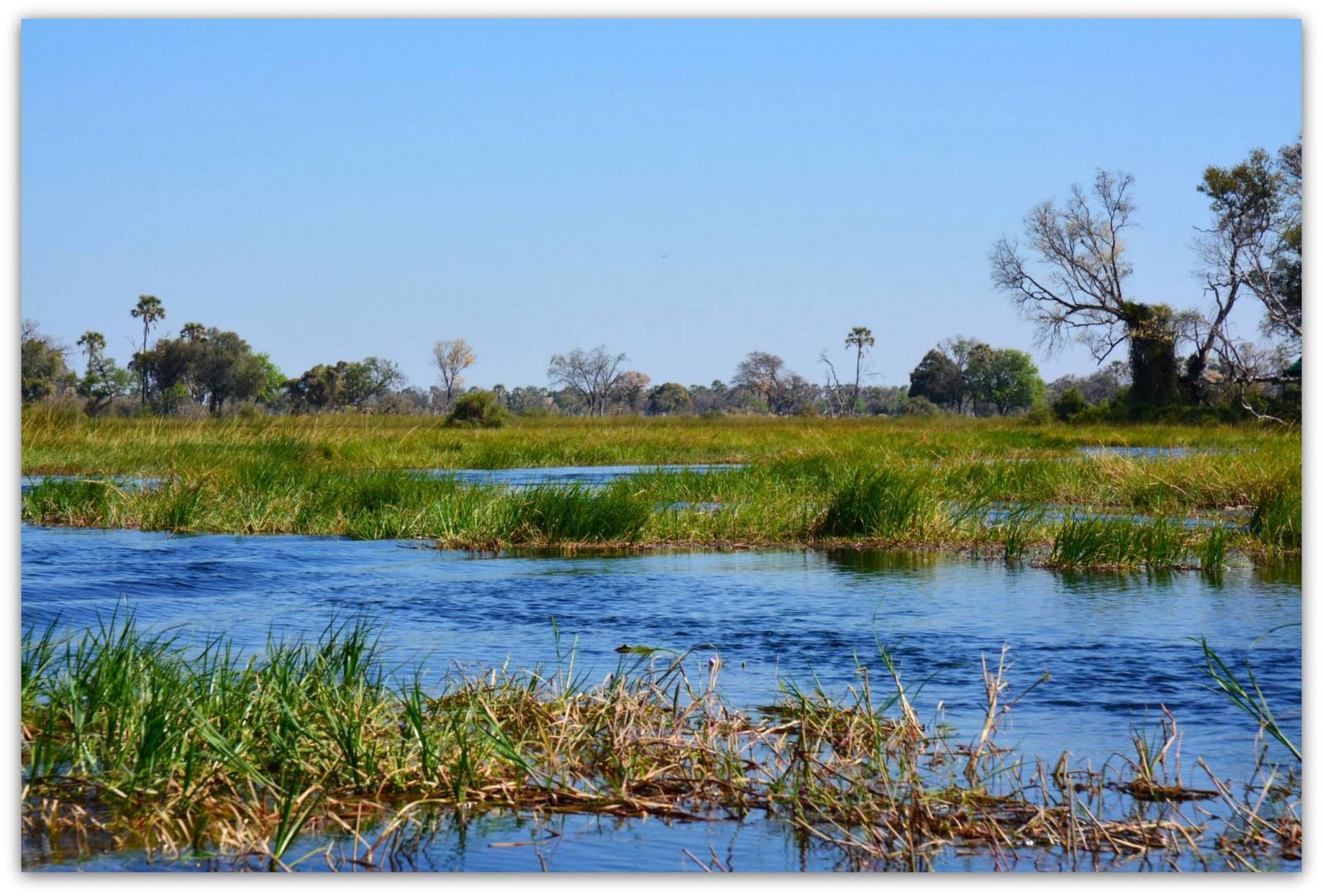Mathews Tsirizeni of SSAWRN to Attend 2015 International Spring University

Ecosystem services (ES) are the benefits that societies obtain from nature. These include the direct provision of material goods, such as food, fuel and fiber; the regulation of undesired events, such as climate change and flooding; and many non-material benefits, such as sense of identity or aesthetic enjoyment. Mastering the discourse of ES is crucial to meeting the challenges of sustainability in the 21st century. Yet, due to the complexity of understanding and modeling ES provision, use and flow, operational ES-driven management remains a challenge.
SSAWRN PhD student Mathews Tsirizeni has been accepted to the 2015 International Spring University on Ecosystem Services Modeling, which will take place April 7-17, 2015 at Bizkaia Aretoa in Bilbao, Spain. The 2015 International Spring University is the third edition of an annual 2-week intensive course that aims to build a new generation of actors in research, policy and management, who can develop and apply ecosystem service models to address issues of sustainability. The course will follow a problem-based learning paradigm, teaching and demonstrating advanced ES theory and modeling techniques using case studies defined by the participants. It is organized by the Basque Centre for Climate Change (BC3) with the collaboration of other international non-profit and academic institutions, including Conservation International, Earth Economics, and the University of Vermont.
Five scholarships (20% of the planned attendance) have been awarded to applicants from under-represented nations. Mr. Tsirizeni, who hails from Malawi and is pursuing his PhD through SSAWRN at Okavango Research Institute in Maun, Botswana, is one of the scholarship recipients. His research examines sediment transport dynamics in the Okavango Delta.

BC3 is leading the development of some of the most advanced methodologies to quantify and value the flows of services that ecosystems provide to societies. While the methods developed are reaching high degrees of sophistication, the skills required to perform an assessment remain in high demand. During two weeks of intensive training, participants will learn to develop custom-designed models that run on the ARIES integrated modeling platform and to effectively model ES problems of different scope and scale. Participants will have the option of continuing their interaction with the ARIES consortium to benefit from and contribute to one of the largest public repositories of ecosystem services models and data.
Trained professionals are increasingly needed by environmental agencies, consulting companies and industry, both as researchers and advisors. The International Spring University strives to support career prospects in ecosystem services analysis by providing a solid basis for starting or furthering a career in ecosystem services assessment and valuation.
Mr. Tsirizeni is looking forward to this valuable opportunity for advanced training and international networking in his field.
Text from the International Spring University website, with additions about Mr. Tsirizeni from SIG.



.png_pagespeed_ic_F3J9Nok1Eh.png)
.png)
